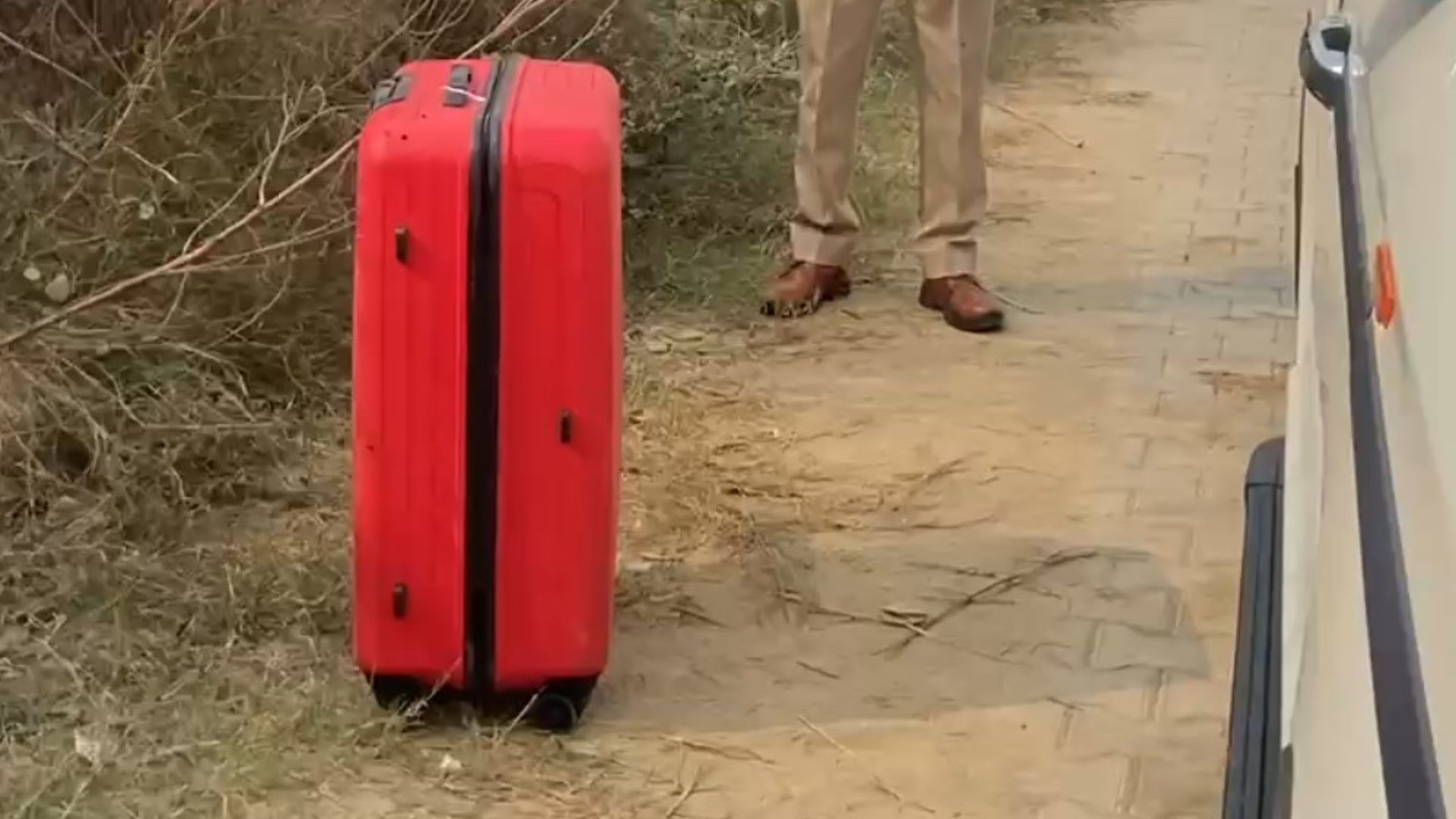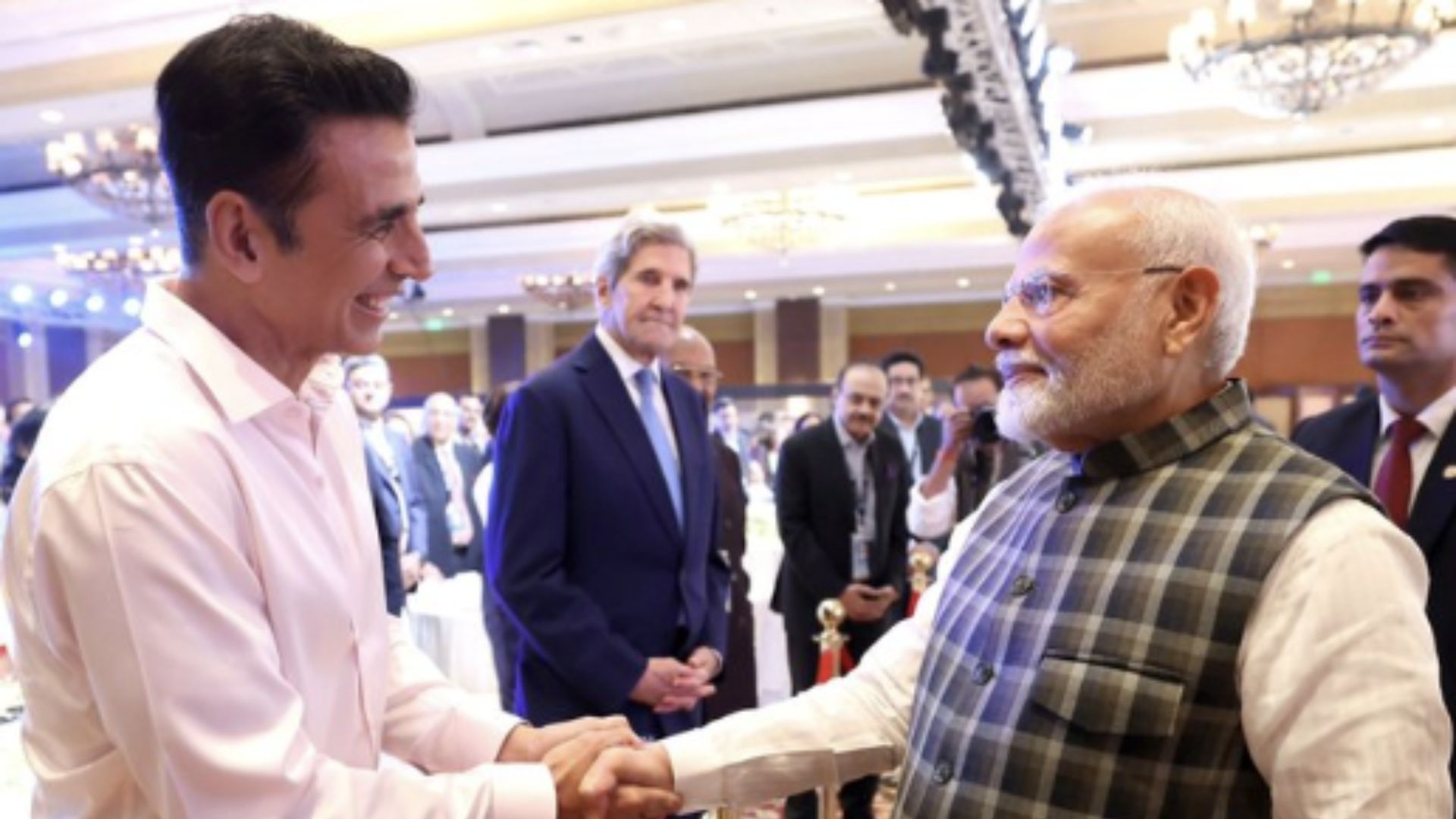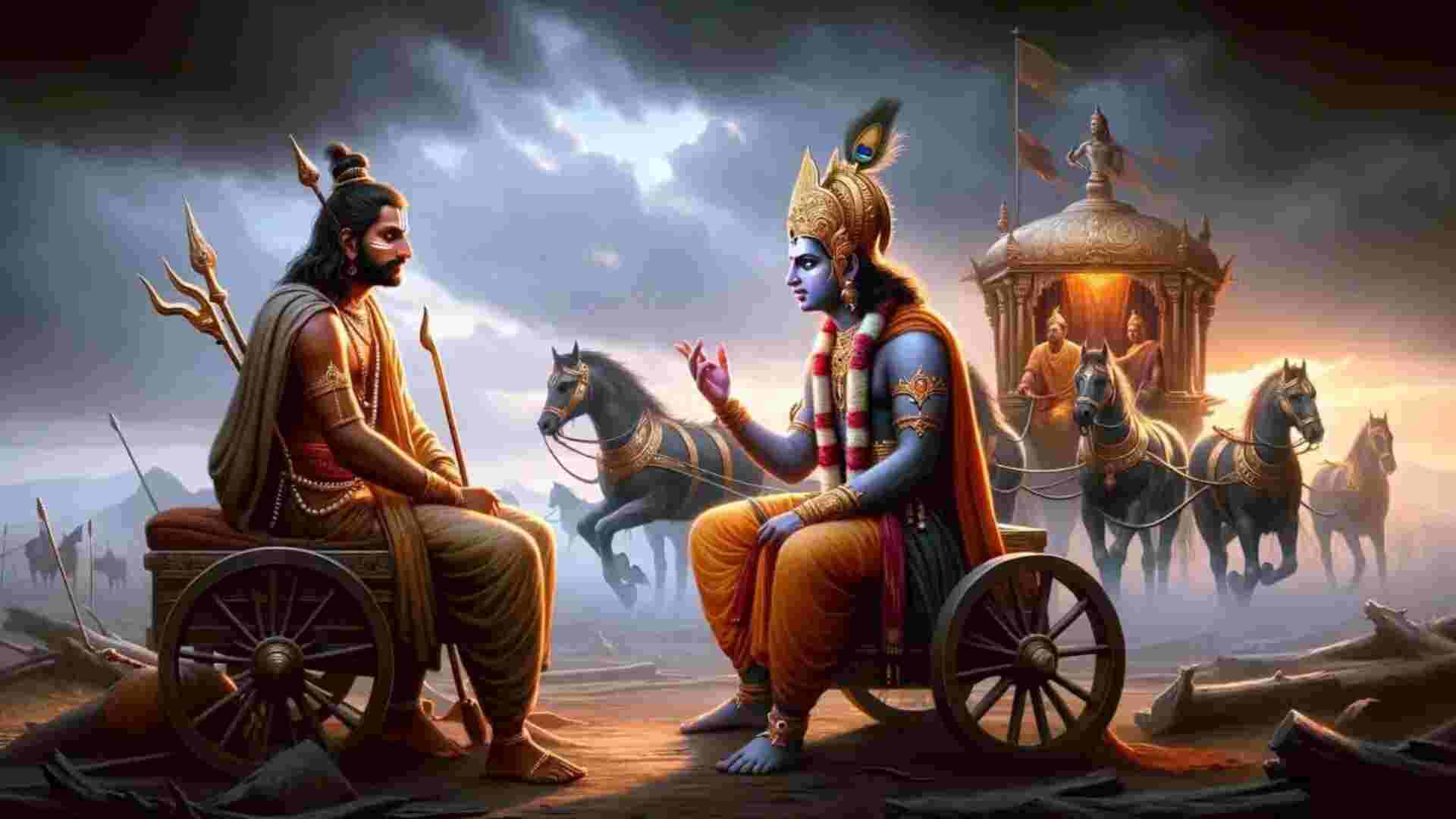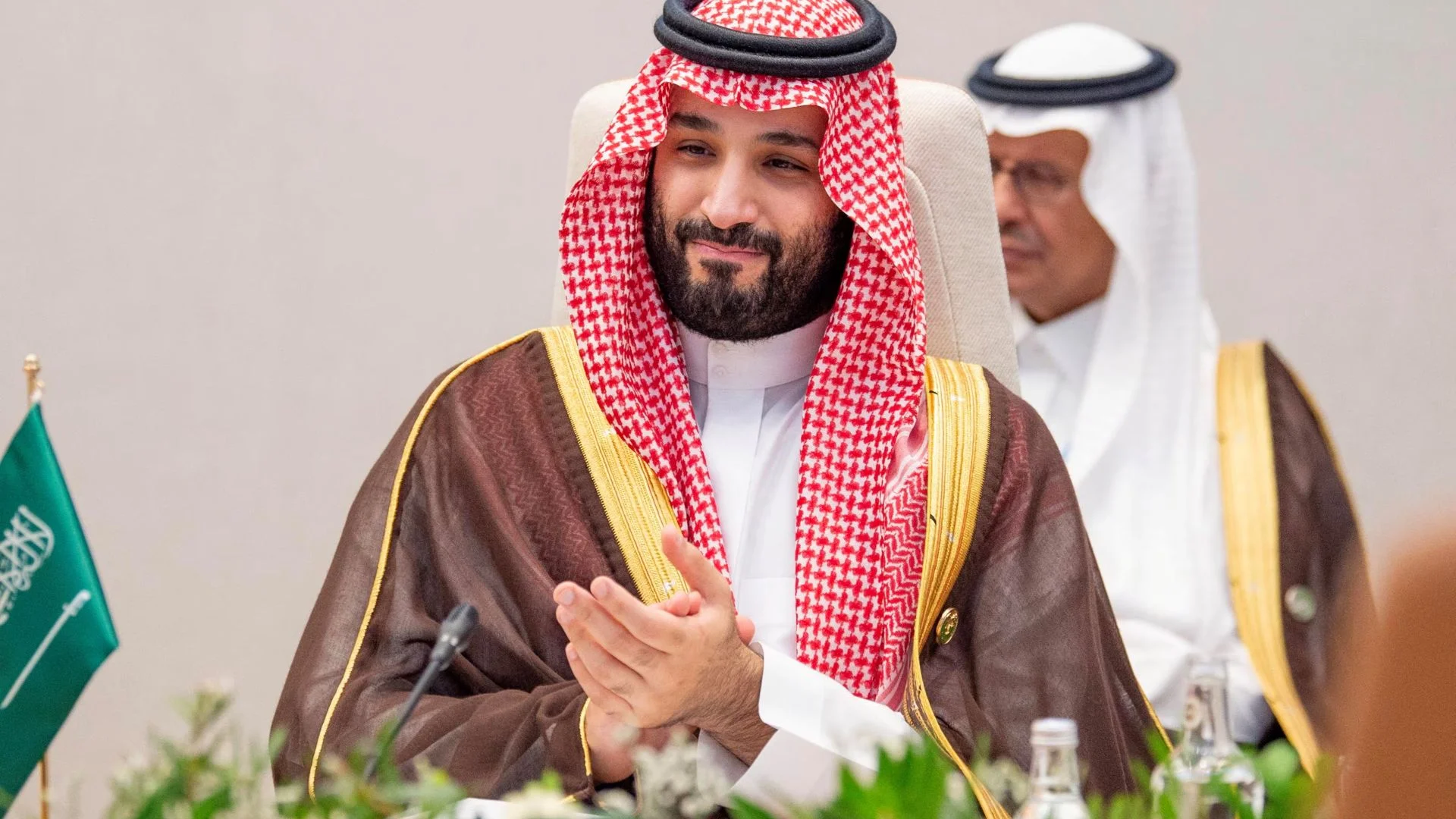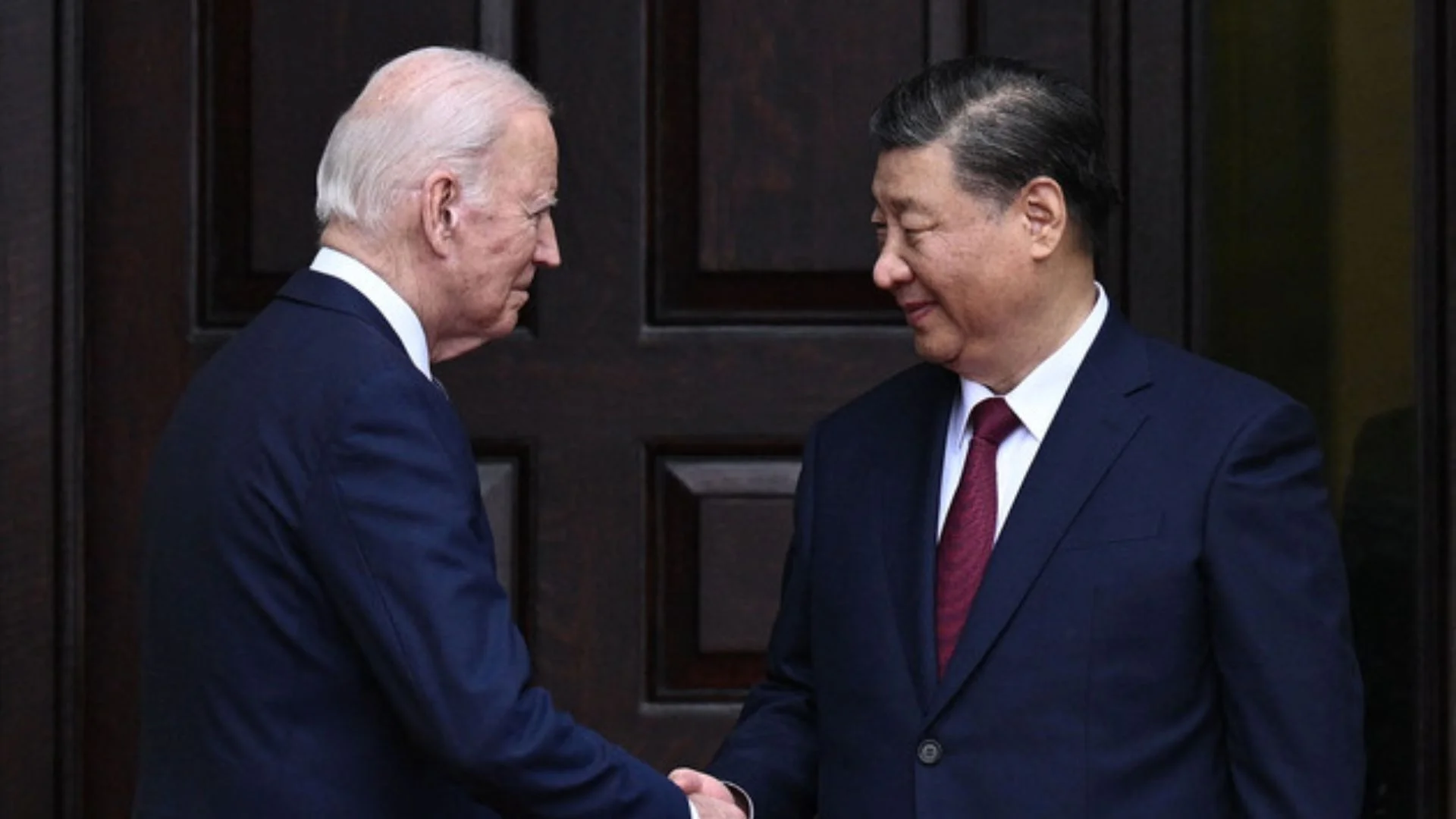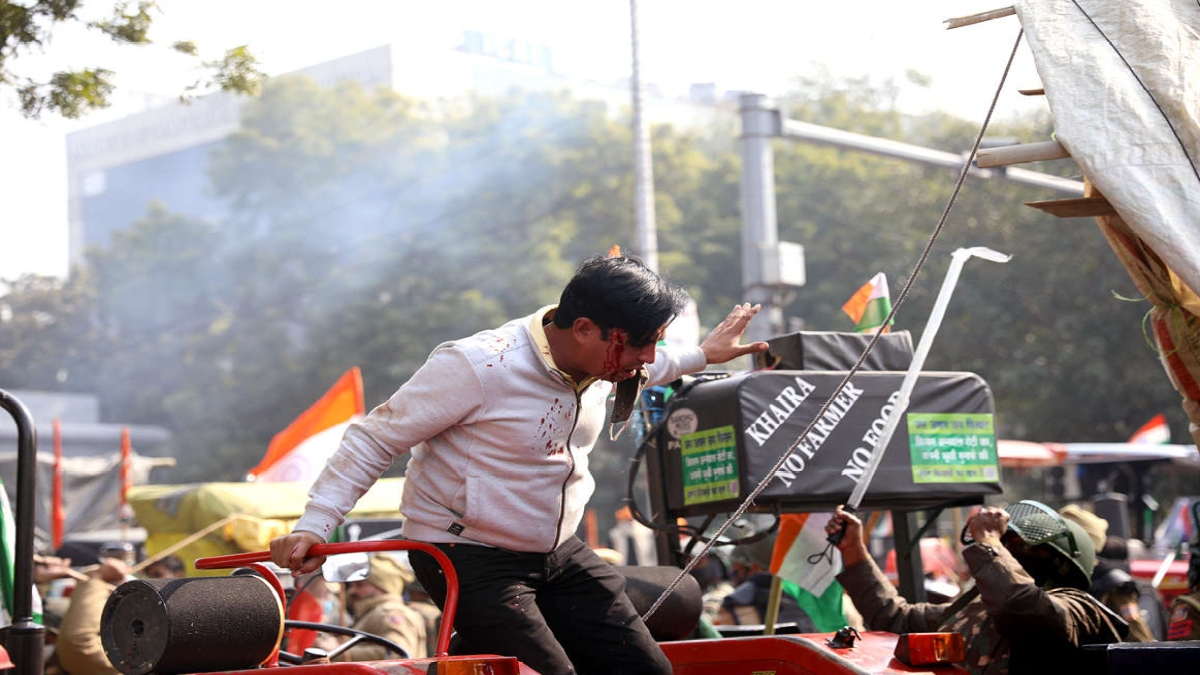
Very rarely has so much happened, globally and domestically, in a single year that will remain etched in our minds forever. The images of marauding crowds invading the hallowed Capitol in Washington on 6th January 2021, breaking doors, running through corridors, looking for the Speaker of the Congress Nancy Pelosi, elected Congressmen hiding to escape attackers, the Vice President taken to the basement for safety shook the world. More shocking was the fact that this unprecedented insurrection was attempted with prompting and blessings of the outgoing President to disrupt the smooth transfer of power in the oldest democracy. For a few hours, the American capital look liked the capital of an African nation witnessing a coup d’état. Donald Trump became the only US President to have been impeached twice. Trump is gone but Trumpism is deeply entrenched in the American society today; it’s gnawing at the roots of its democracy.
 Hundreds of terrified Afghans swarming the runway at Kabul airport.
Hundreds of terrified Afghans swarming the runway at Kabul airport. Family members and relatives wearing protective gear stand next to the funeral pyres of a Covid-19 victim.
Family members and relatives wearing protective gear stand next to the funeral pyres of a Covid-19 victim. Athlete Neeraj Chopra in action during the Javeline throw final, at Tokyo Olympics 2020 and won gold medal.
Athlete Neeraj Chopra in action during the Javeline throw final, at Tokyo Olympics 2020 and won gold medal. A protesting farmer injured as police personnel lathi charge during a tractor rally on 72nd Republic Day.
A protesting farmer injured as police personnel lathi charge during a tractor rally on 72nd Republic Day.
Covid-19 which has taken over 5.3 million lives worldwide devastated India in the second wave (April-May, around 200,000 deaths) as never before. Rising flames of funeral pyres, the nauseating stench of burning flesh filling the air, crematoriums running out of wood, hospitals running out oxygen, patients breathing their last while waiting for a bed in hospital lobbies, patients gasping for breath being given oxygen at heartwarming oxygen langars at Gurdwaras, obituary pages filing half the newspapers, readers scared to flip through those pages for fear of reading about the untimely departure of some of their close relative or friends, hundreds and thousands of migrant workers desperately trying to return to their villages: jostling for a seat in a bus or walking hundreds of Km bare feet, their meagre belongings on their back or tied on their bicycles, their wives and hungry children in tow, showed India virtually on its toes rather on the move! But India showed its resilience and perseverance; by the year-end, it has given 1.3 billion vaccine doses though only 40% of the population has received both doses.
American helicopters ferrying hundreds of embassy staff from the Embassy compound in Kabul to the airport, reminiscent of American evacuation from the rooftop of the American mission in Saigon in 1975, hundreds of terrified Afghans swarming the runway at Kabul airport (15th August 2021), many running along with a C-17 US military aircraft; some even hanging on to the side of the plane just below the wings; heart-wrenching scene of some mothers throwing their babies over the razor wires of the Kabul airport compound and requesting soldiers to take them summed up the schizophrenic fear and desperation of the takeover of Kabul by the Taliban. History is full of instances of a large number of ordinary people of a country, fearful of impending brutality and violence by foreign invaders, wanting to flee their country for safety but very few have ever done so on account of fear of their own countrymen. Afghan nationals’ palpitating helplessness and panic were triggered off by the memories of the Taliban’s brutal and barbaric rule in 2000.
The US, the mightiest nation on earth suffered the most humiliating defeat since the Vietnam war against a ragtag terrorist group: the Taliban in 20 year-long war which cost it over US$ 1 trillion and roughly 3500 deaths. Ironically, the US was instrumental in the installation of the Taliban government; its cabinet included many internationally known terrorists two of whom carried an award of US$ 5 million and US$ 10 million respectively by the FBI.
Never has a farmers agitation in India lasted so long and suffered so much: vagaries of harsh weather: shivering cold, scorching sun and monsoon downpour; accusations of being antinational, Khalistani terrorists, loss of 700 lives, some mowed down by the speeding SUVs. Eventually, it succeeded spectacularly, forcing the government of Narendra Modi, arguably the strongest Prime Minister ever, with2/3 rd majority in Lok Sabha, to retreat and accept all their demands! Whether the retreat of the government was tactical or strategic, engineered by the forthcoming state elections or a genuine realisation of the futility of continuing with laws for the reforms of the agricultural sector which has earned so much of ire and alienation of the powerful farmers, it offered lessons for all stakeholders. One wonders, had the government taken this decision earlier, won’t many lives have been saved? Would the unseemly and unacceptable scenes witnessed at the Red fort in January have taken place? Would the unprecedented acrimony and divisiveness which dominated social media have happened?
Many loath and disapprove, rightly so, the word lynching. It revolts against the most basic norms of human conduct. It reflects the transformation of citizens into the mob that ignoring the law of the land, abrogates to itself the right to administer instant justice. There must be zero tolerance for lynching irrespective of the provocation. It shouldn’t matter whether the perpetrators are farmers or self-appointed custodians of religion or cow vigilantes. Media reports alleged that in 2021, instances of lynching were on the rise; the ambivalent attitude of political leaders and the public at large might have contributed.
While reservation of 1/3rd posts of Gram Pradhan for women, more women in the Cabinet, the Parliament, Civil Services, judiciary, academia, Defence forces, the entertainment industry is laudable, 75 years after independence, millions of cases of female infanticide, hundreds of honour killings, diktats of Khap Panchayat and dowry deaths and rise in gang rapes put a blot on the name of Indian democracy.
Canvassing relentlessly on a wheelchair, invoking khela hobe, Mamata Banerjee, demolished the myth of the invincibility of Modi-Shah duo in the most fiercely contested election in West Bengal and romped home a resounding victory that carried a message for opposition leaders.
Following 17 rounds of Commander Level meetings, face to face meetings between Indian EAM and the Chinese Foreign minister, mutual withdrawal in Gogra and Pangong Tsao area took place but complete disengagement by India and China on the LAC remains elusive. Relations with Pakistan remained in limbo, with Nepal, they were frosty. But the celebrations which marked the golden jubilee of Bangladesh’s independence and diplomatic relations with India at which the Indian President was the Chief Guest revived the memories of the sacrifices made by the Mukti Bahini and the Indian Defence forces and the steely nerves and strategic maturity shown by Indian political leadership which gave birth to a new nation.
COP-26 Climate Summit in Glasgow saw a grand announcement by several participants for curtailing carbon emission; PM Modi highlighted India’s record for harnessing renewable sources of energy and announced three major pledges. But the actual shift from the use of solid fuel to nonsolid fuels won’t happen without the transfer of technology and funds.
A gold medal at the Tokyo Olympics in Javelin throw for Neeraj Chopra, for the first time for an Indian athlete and a Bronze medal for the Indian hockey team after 41 years were cause for a celebration. But why shouldn’t India of 1.3 billion people win 13 Gold medals?
Still smarting from the defeat in Afghanistan and desperately wanting to pronounce America’s Global leadership role, Biden hosted the first-ever Summit of democracies with the participation of over 100 world leaders. With democratic forces being challenged domestically, dozens of America’s strategic friends having no semblance of democracy, leaving the Afghan people at the mercy of the Taliban, a complete antithesis of democracy and human rights, inviting Pakistan which hosts hundreds of terrorist camps on its soil and not inviting Bangladesh, this Summit was nothing short of a complete farce!
Surendra Kumar is a former Indian ambassador. The views expressed are personal.
Whether the retreat of the government was tactical or strategic, engineered by the forthcoming state elections or a genuine realisation of the futility of continuing with laws for the reforms of the agricultural sector which has earned so much of ire and alienation of the powerful farmers, it offered lessons for all stakeholders.

